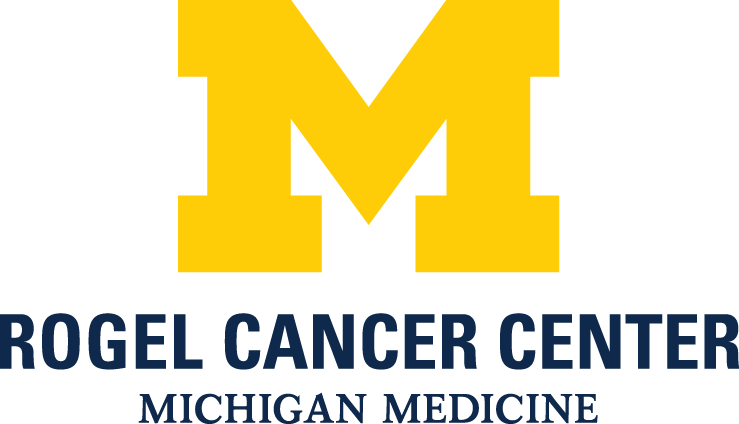- Advertise
- About OncLive
- Editorial Board
- MJH Life Sciences brands
- Contact Us
- Privacy
- Terms & Conditions
- Do Not Sell My Information
2 Clarke Drive
Suite 100
Cranbury, NJ 08512
© 2025 MJH Life Sciences™ and OncLive - Clinical Oncology News, Cancer Expert Insights. All rights reserved.
Dr. Palmbos on Remaining Questions in Metastatic Urothelial Carcinoma
Phillip L. Palmbos, MD, PhD, discusses remaining questions in metastatic urothelial carcinoma.
Phillip L. Palmbos, MD, PhD, assistant professor, Rogel Cancer Center, University of Michigan Health, Michigan Medicine, discusses remaining questions in metastatic urothelial carcinoma.
Although the prespecified overall survival end point was not met in the phase 3 IMvigor130 (NCT02807636) or KEYNOTE-361 (NCT02853305) trials, the positive trends toward a survival advantage with immunotherapy-containing regimens suggest chemoimmunotherapy could have utility for patients with metastatic urothelial carcinoma, Palmbos says. However, biomarkers need to be identified to inform which patients are likely to respond to immunotherapy.
Additionally, the efficacy observed with enfortumab vedotin-ejfv (Padcev) and sacituzumab govitecan-hziy (Trodelvy) suggests that antibody-drug conjugates could have utility alone or in combination with chemotherapy in earlier-stage settings for patients with metastatic disease, Palmbos explains.
Neoadjuvant treatment with immunotherapy and other novel agents is the subject of ongoing research, Palmbos says. The ongoing phase 3 NIAGARA (NCT03732677) and KEYNOTE-866 (NCT03924856) trials are attempting to answer the open question of whether chemoimmunotherapy has a role as neoadjuvant treatment for patients with bladder cancer.
Finally, optimizing treatment for patients with high-risk muscle-invasive disease who didn’t receive prior neoadjuvant chemotherapy remains an area of unmet need, Palmbos explains. These patients may be best suited for cisplatin-based neoadjuvant chemotherapy or adjuvant nivolumab (Opdivo); however, data are not yet conclusive as to the optimal approach, Palmbos concludes.
Related Content:





